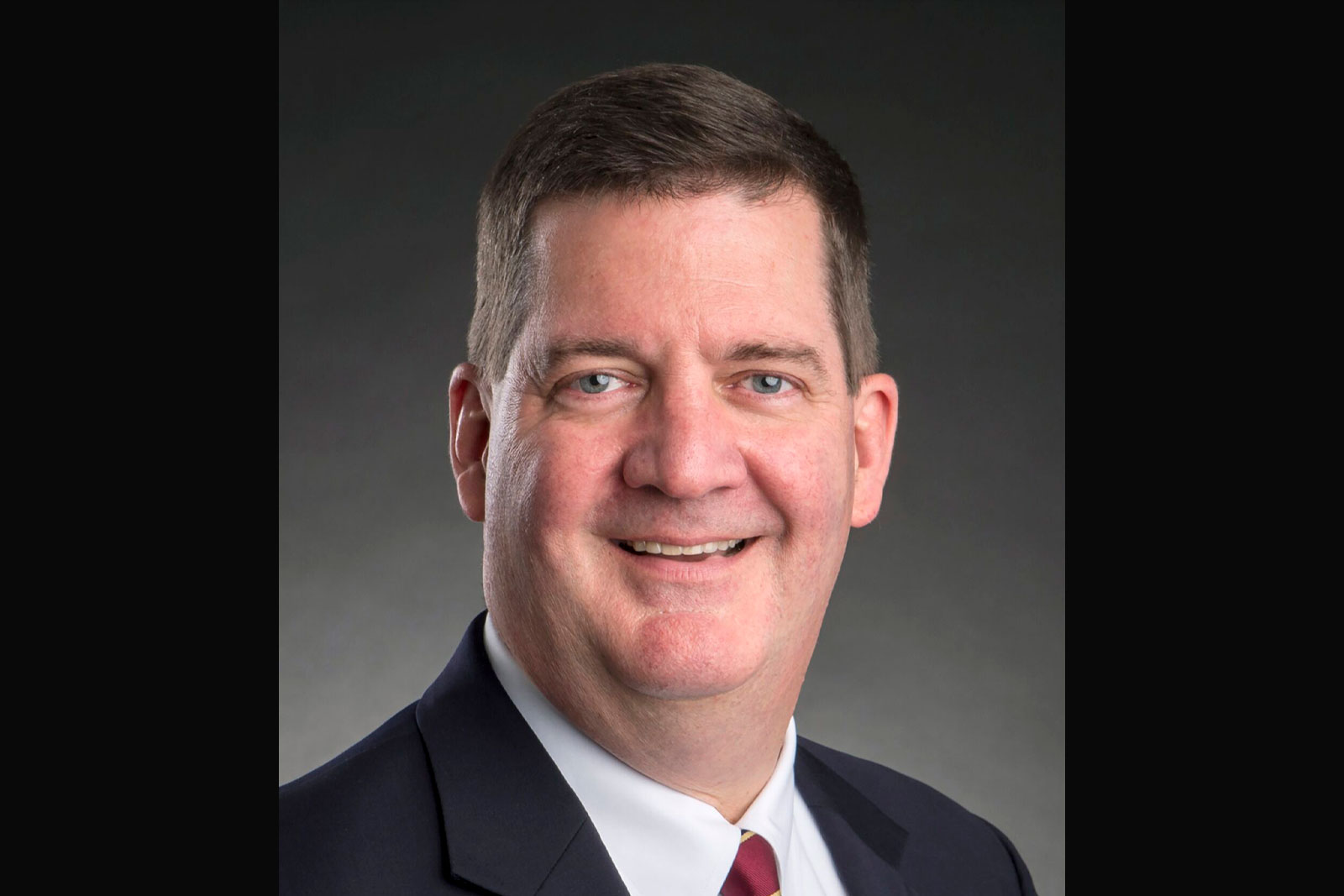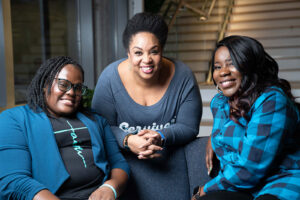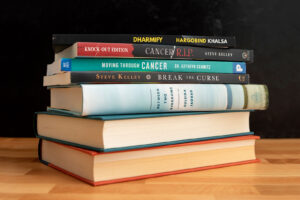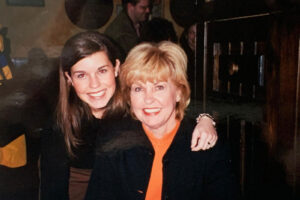My child is a recent childhood cancer survivor. And while I am relieved he is in recovery, I don’t understand what comes next? What are our next steps?
At St. Jude, our patients are followed in the active clinic until five years after their diagnosis, and then at that point, they’re transferred to the “After Completion of Therapy Clinic.” We then follow them annually until they’re age 18, or 10 years beyond the time of their cancer diagnosis, whichever occurs later. During that time, we prepare a survivorship care plan, and during their annual visits, we discuss health issues related to their prior cancer, health issues related to their prior therapy exposures and any ongoing issues of concern for our cancer survivors.
My child was not treated at St. Jude. What will our “survivorship care plan” look like?
Survivorship care plans vary depending on where the survivor was treated. But generally, they will include details of the primary cancer diagnosis and should include details about what treatment was given. For example radiation therapy, was it used or not? What was the dose of radiation? What part of the body was radiated? Or with chemotherapy, it’ll include the specifics about chemotherapy exposures. With some chemotherapy agents, it’s very important to know not only the exposure but the dose that an individual had. So we’ll do an abstraction of the medical record and we’ll put all of that in a survivorship care plan.
In addition to that, we’ll include information about what screenings a cancer survivor should have, and we’ll collect data about major health issues that any major survivor may have experienced. By the time they actually leave the pediatric cancer center, they have a document that summarizes all of these particulars they need, not only as they transfer out of a cancer center, but for childhood cancer survivors, as they transfer to adult healthcare in the community. We stress the importance of taking a copy of that care plan and giving it to their adult healthcare provider.
What are common misconceptions regarding childhood cancer and survivorship?
There can be a variety of responses. Some cancer survivors prefer to put all of this behind them. That’s concerning because we’ve learned more and more that these exposures for young children have implications for health later in life. Some survivors are concerned every little health issue they may have is related to their prior cancer or may be their cancer returning. There’s certainly a pendulum that swings from being under concerned or overly concerned. Somewhere in the middle, we try to educate survivors so they have an understanding of the treatment they had and what it means for their healthcare going forward. The most important thing we tell survivors is to have established primary care: a doctor that knows you, knows your history and can help you sort healthcare issues as they arrive.
I am a childhood cancer survivor and while my life has been great post-cancer, are there any other things I should be aware of as a survivor?
Some of our therapies, like radiation therapy or chemotherapy, can cause subacute damage to the heart, so that needs to be monitored. They can also increase a risk for another cancer later in life. Survivors may need some screenings for secondary cancers. Leading a healthy lifestyle, watching your diet, exercising, avoiding intense sunlight and using sunscreen can help modify some of these factors. Survivors often worry about fertility after cancer therapy, so they may want to have endocrine testing to find out their reproductive status. Endocrine issues in general can be of concern. We see survivors who have early onset diabetes and might have an underactive thyroid. It could put them at risk for hyperthyroidism. When identified, endocrine issues can often be treated and make a survivor feel much better and healthier.
ABOUT THE DOCTOR
Dr. Daniel Mulrooney is an Associate Professor in the Division of Cancer Survivorship at St. Jude Children’s Research Hospital. Dr. Mulrooney received his medical degree from Loyola University Chicago’s Stritch School of Medicine and his clinical interests include the care of children with solid tumors, and adolescent and young adult oncology. His research focus is on the long-term effects of childhood cancer therapy, particularly cardiovascular outcomes, and the transition of care from pediatric to adult medicine.







